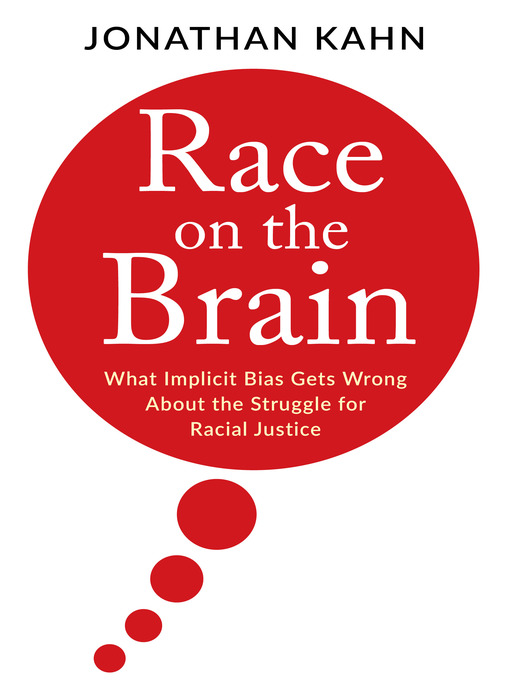
Race on the Brain
What Implicit Bias Gets Wrong About the Struggle for Racial Justice
- اطلاعات
- نقد و بررسی
- دیدگاه کاربران
نقد و بررسی

November 15, 2017
To identify and address America's persistent racial inequality and injustice, we must first reconsider how we understand racism and how it affects our actions, argues Kahn (Mitchell Hamline Univ. Sch. of Law; Race in a Bottle). In nine chapters, an introduction, and a conclusion, the author emphasizes how contemporary American society thinks and talks about racism, deploying legal and scientific technologies to address racism, and create context for progress on racial justice. Focusing particularly on the concept of "implicit bias," which has become central to how law, science, and society have come to treat the nature of racism, Kahn offers detailed correctives. He explains the rising notion that pervasive biases and negative associations that constitute racism reside outside the realm of personal awareness and foster a denial of history. He also shows that "implicit social cognition" mistakenly suggests there is an easy way to fight racism. VERDICT Kahn's important and masterly work deserves close reading and broad discussion among practitioners and students of law and public policy, but even more so among those interested in promoting racial justice.--Thomas J. Davis, Arizona State Univ., Tempe
Copyright 2017 Library Journal, LLC Used with permission.




دیدگاه کاربران